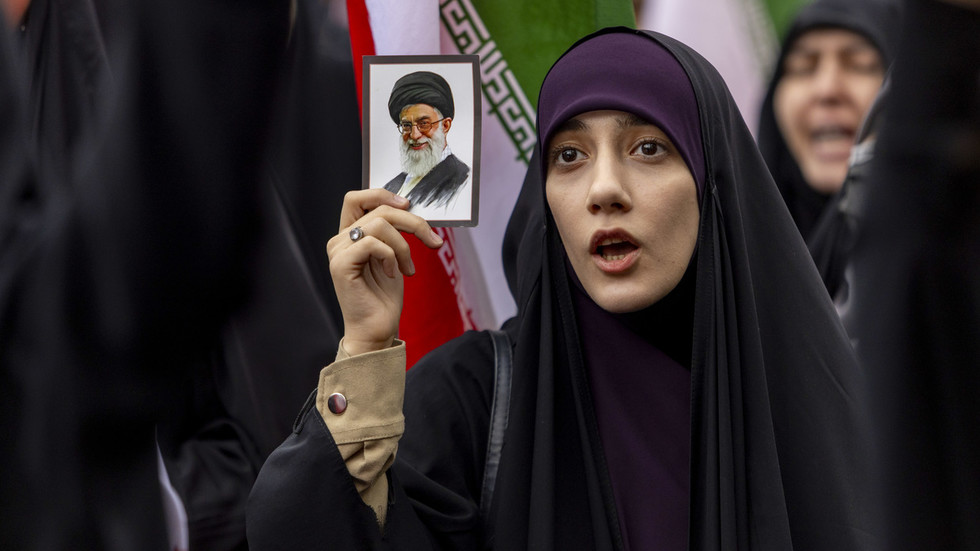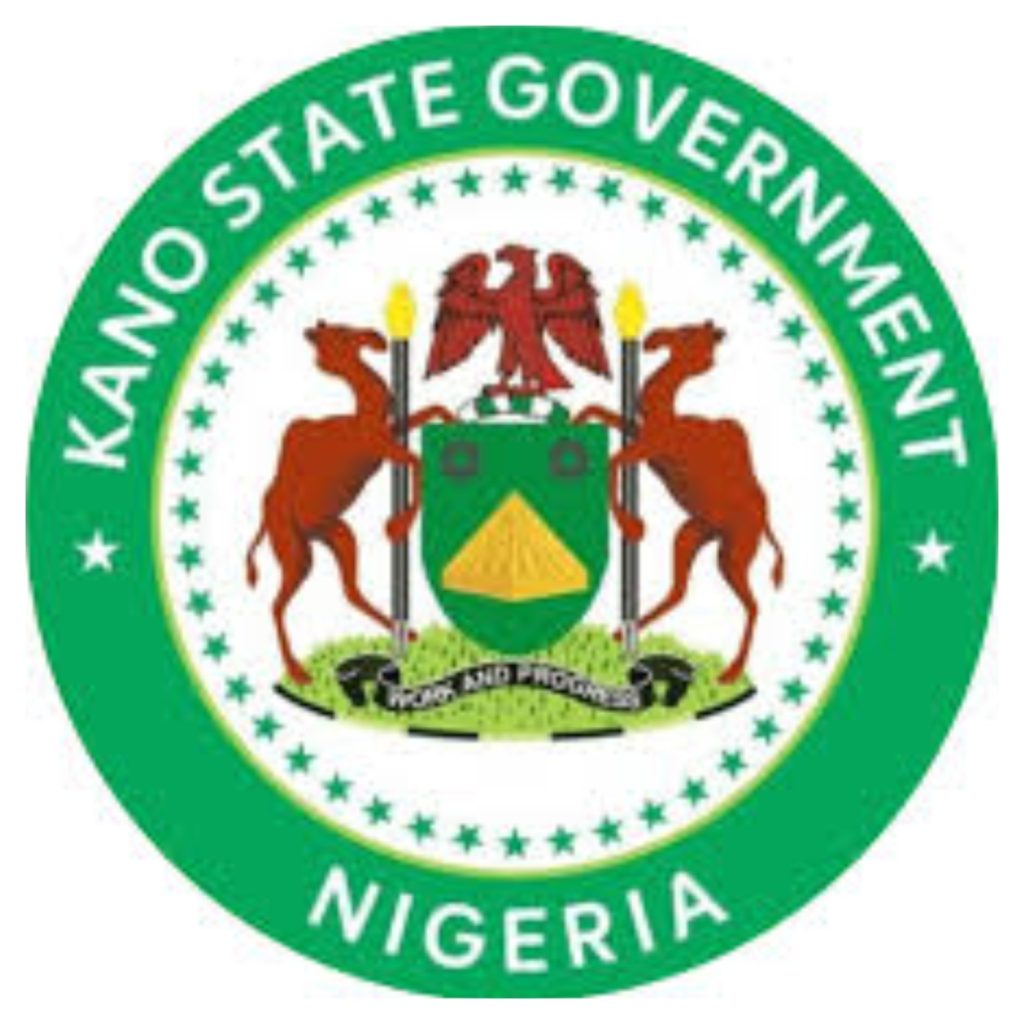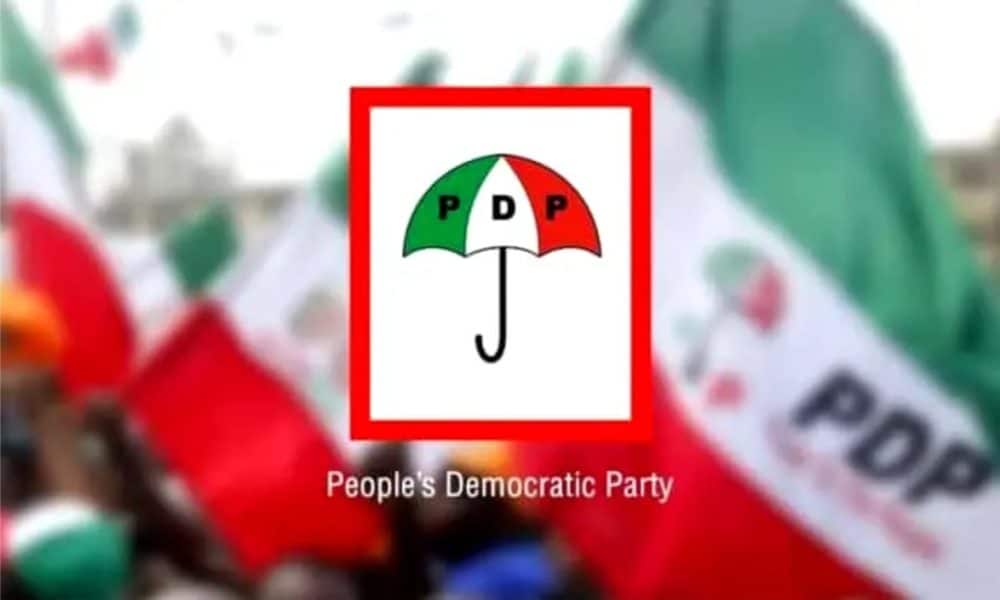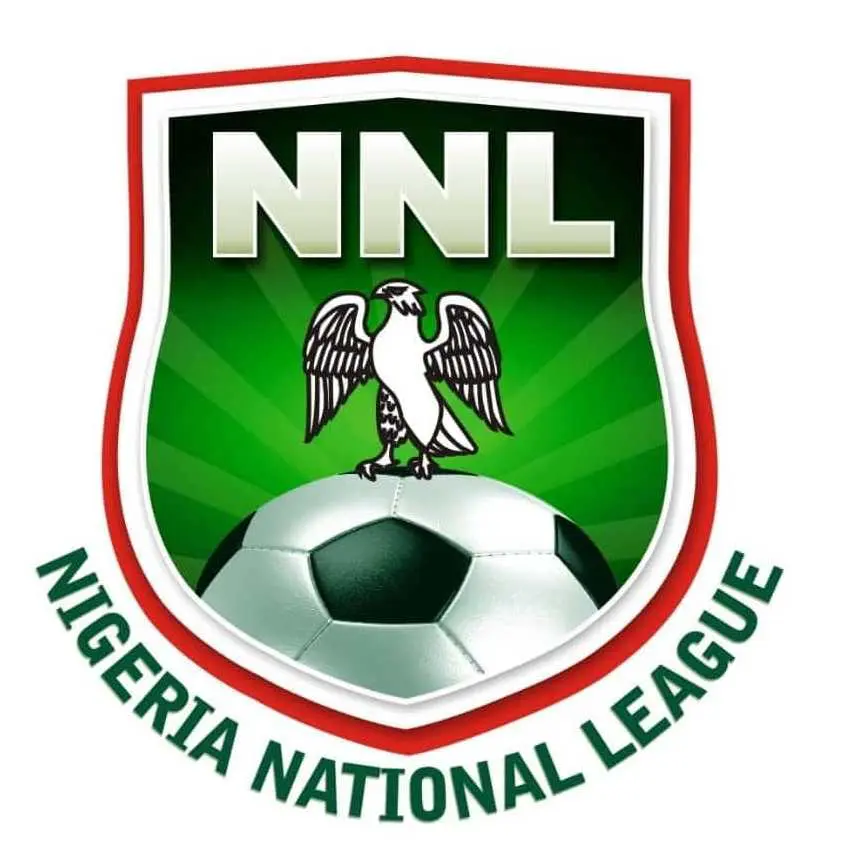A deepening political feud between Osun State Governor Ademola Adeleke and former governor Rauf Aregbesola has sparked widespread concern among residents, reigniting debates about governance, legacy, and the state’s future. The dispute, triggered by Aregbesola’s alleged vow to unseat Adeleke in 2026, has escalated into heated accusations and counterclaims, leaving citizens divided and calling for restraint.
Governor Adeleke’s administration launched a sharp critique of Aregbesola’s tenure (2010–2018) this week, labeling it a period of “suffering and debt.” Spokesperson Olawale Rasheed condemned policies he claimed led to years of partial salary payments for public workers and a N60 billion (approximately $46 million) pension debt, which Adeleke’s government asserts it has since resolved, including clearing 28 months of unpaid salaries. In contrast, Aregbesola’s supporters, The Omoluabi Progressives, dismissed the criticism as misleading, framing past debts as “strategic investments” made during national economic challenges. The group pointed to infrastructure projects such as schools and roads as lasting contributions, while highlighting recent public support for Aregbesola during his return to Osogbo, the state capital.
The clash has left many residents bewildered. Civil servant Kehinde Ajani from Ede expressed shock at the rift, noting the two leaders once collaborated closely. “It’s difficult to know who to believe,” said Sherifat Adewumi, a trader in Ilesa, reflecting widespread uncertainty. Pensioner Paul Oloyede criticized the focus on political sparring over governance: “They’re wasting energy on attacks instead of solving problems.” His sentiment echoed among residents, with teacher Adenike Olatunji recalling both hardships and infrastructure progress under Aregbesola: “No full salaries for months, but he built schools. It’s not black and white.”
Political analysts warn the tensions could reshape alliances ahead of Osun’s 2026 elections. Steven Oladunjoye, a local observer, noted the conflict signals shifting loyalties: “This isn’t just about old grievances—it’s about positioning for the future.” Meanwhile, residents like Olabode Alamu urged leaders to prioritize unity, emphasizing that prolonged discord risks derailing development.
The dispute underscores broader questions about accountability, resource management, and how historical legacies intersect with current governance. As Adeleke’s administration seeks to frame itself as a corrective force, Aregbesola’s camp insists on contextualizing past decisions. For Osun’s citizens, the immediate concern remains whether the escalating rhetoric will overshadow efforts to address pressing issues like economic stability and public welfare. With political tensions showing no signs of abating, the state’s path forward hinges on balancing competing narratives with tangible progress.



